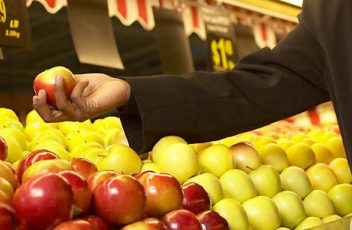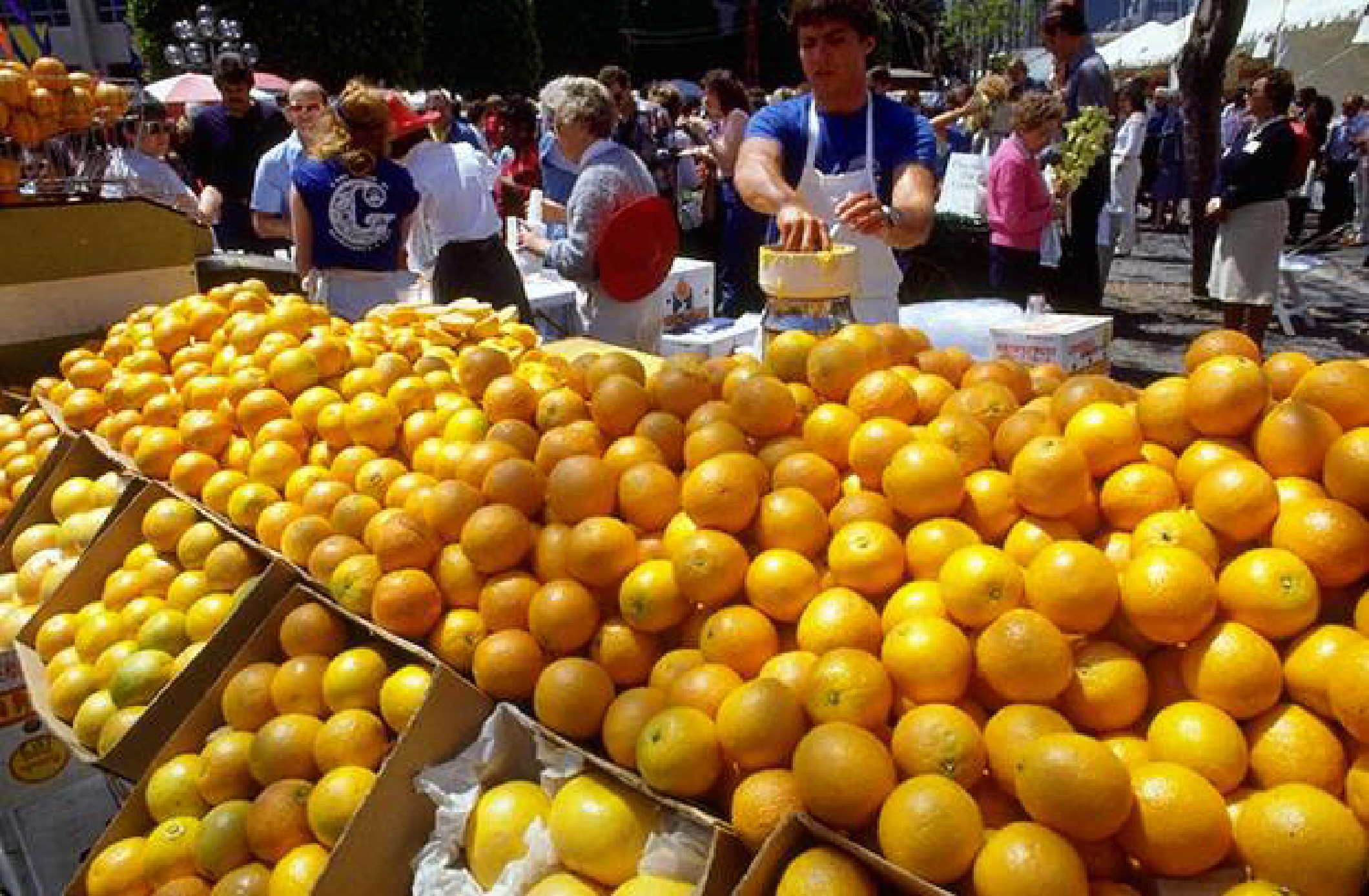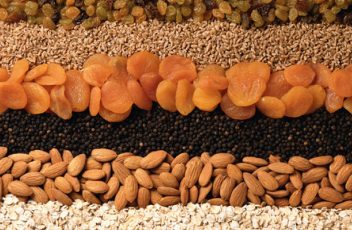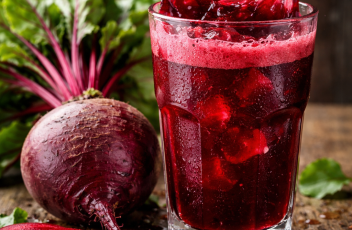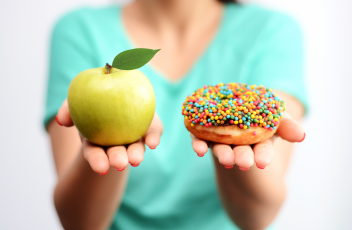It is important to obtain the fruits and vegetables which are highest in nutrient value and then to retain that value prior to consumption of that food. To make sure you are getting the most nutritious foods possible, follow our easy shopping rules whenever possible: Buy produce as close to ripe as you can Shop at local Read More
